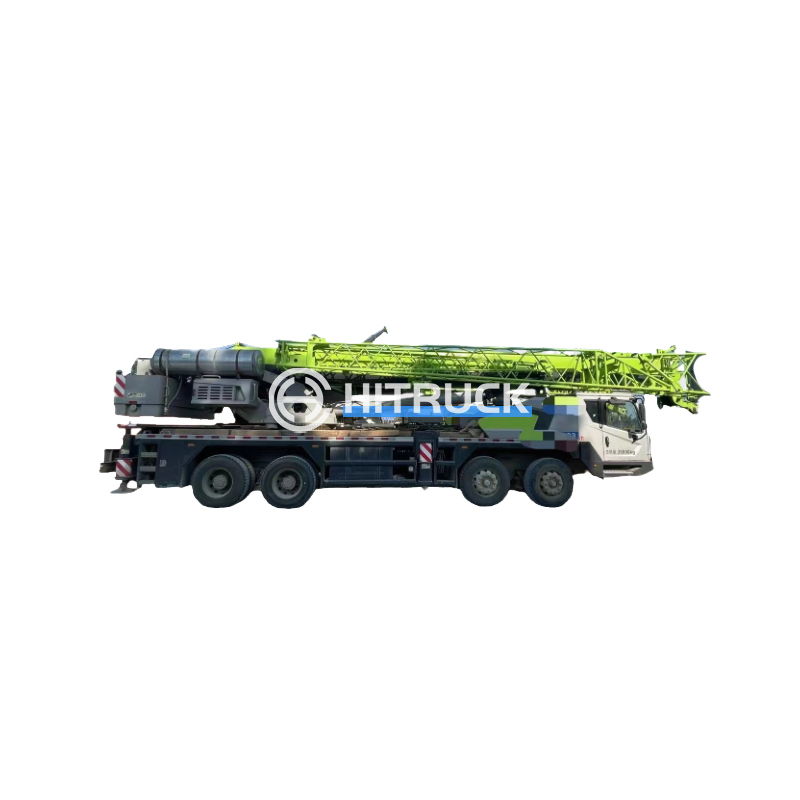This comprehensive guide explores the nuances of selecting a 16 reefer truck, covering key considerations for various needs and budgets. We'll delve into specifications, maintenance, and factors influencing your purchasing decision, ensuring you make an informed choice. Learn about different models, technologies, and operational aspects to find the perfect 16 reefer truck for your business.
The first step in selecting a 16 reefer truck is assessing your cargo needs. Consider the volume and type of goods you'll be transporting. Will you be hauling palletized goods, loose items, or a combination of both? Understanding your specific cargo requirements will help determine the necessary internal dimensions and features of your 16 reefer truck. For example, some 16 reefer trucks might offer specialized features for delicate or temperature-sensitive goods.
The refrigeration system is crucial for maintaining the ideal temperature for perishable goods. Explore different types of refrigeration units, including their fuel efficiency, cooling capacity, and maintenance requirements. Modern 16 reefer trucks often feature advanced technologies like electronic control units (ECUs) for precise temperature management and remote monitoring capabilities. Consider the climate where you operate, as this heavily influences the cooling capacity required. Look into features like auxiliary power units (APUs) which allow refrigeration to continue even when the truck's engine is off, vital for maintaining consistent temperatures during extended stops.
Fuel efficiency is a significant operating cost factor. A fuel-efficient engine can significantly reduce long-term expenses. Investigate engine options, considering factors like horsepower, torque, and fuel consumption rates. Modern 16 reefer trucks often incorporate technologies to improve fuel economy, such as aerodynamic designs and advanced engine management systems. Compare fuel consumption figures from manufacturers' specifications. Consider factors like the terrain you'll be driving on – hilly regions will increase fuel consumption.
Regular maintenance is essential for extending the lifespan of your 16 reefer truck and preventing costly repairs. Research the maintenance requirements of different models, considering factors such as the availability of parts and service centers. Consider the warranty offered by the manufacturer and the reputation of their after-sales service. Proper maintenance, including regular inspections of the refrigeration unit, engine, and other critical components, directly impacts the operational efficiency and longevity of the vehicle. Suizhou Haicang Automobile sales Co., LTD offers comprehensive maintenance services to ensure peak performance and reliability of your 16 reefer truck.
Determine a realistic budget for your 16 reefer truck purchase. Consider the initial cost of the vehicle, as well as ongoing expenses such as fuel, maintenance, and insurance. Explore financing options, including loans and leases, to find the most suitable payment plan. Remember that the initial purchase price isn't the only cost; factor in operational costs over the truck's lifetime.
Several manufacturers offer a variety of 16 reefer truck models. Researching various brands and their offerings will allow you to compare features, specifications, and pricing. Consider factors like payload capacity, fuel efficiency, and available technology when making your comparison. Online resources and industry publications can provide valuable information on different models and their performance characteristics.
| Model | Engine Type | Refrigeration System | Payload Capacity | Fuel Efficiency (mpg) |
|---|---|---|---|---|
| Model A | Diesel | Thermo King | 10,000 lbs | 6 |
| Model B | Diesel | Carrier Transicold | 12,000 lbs | 7 |
| Model C | Electric | Custom | 8,000 lbs | N/A |
Note: These are example values only. Consult manufacturer specifications for accurate data.
Selecting the right 16 reefer truck is a significant investment. By carefully considering the factors outlined above and conducting thorough research, you can make an informed decision that meets your specific needs and budget. Remember to prioritize factors like cargo capacity, refrigeration technology, fuel efficiency, and maintenance requirements to ensure long-term operational success.












